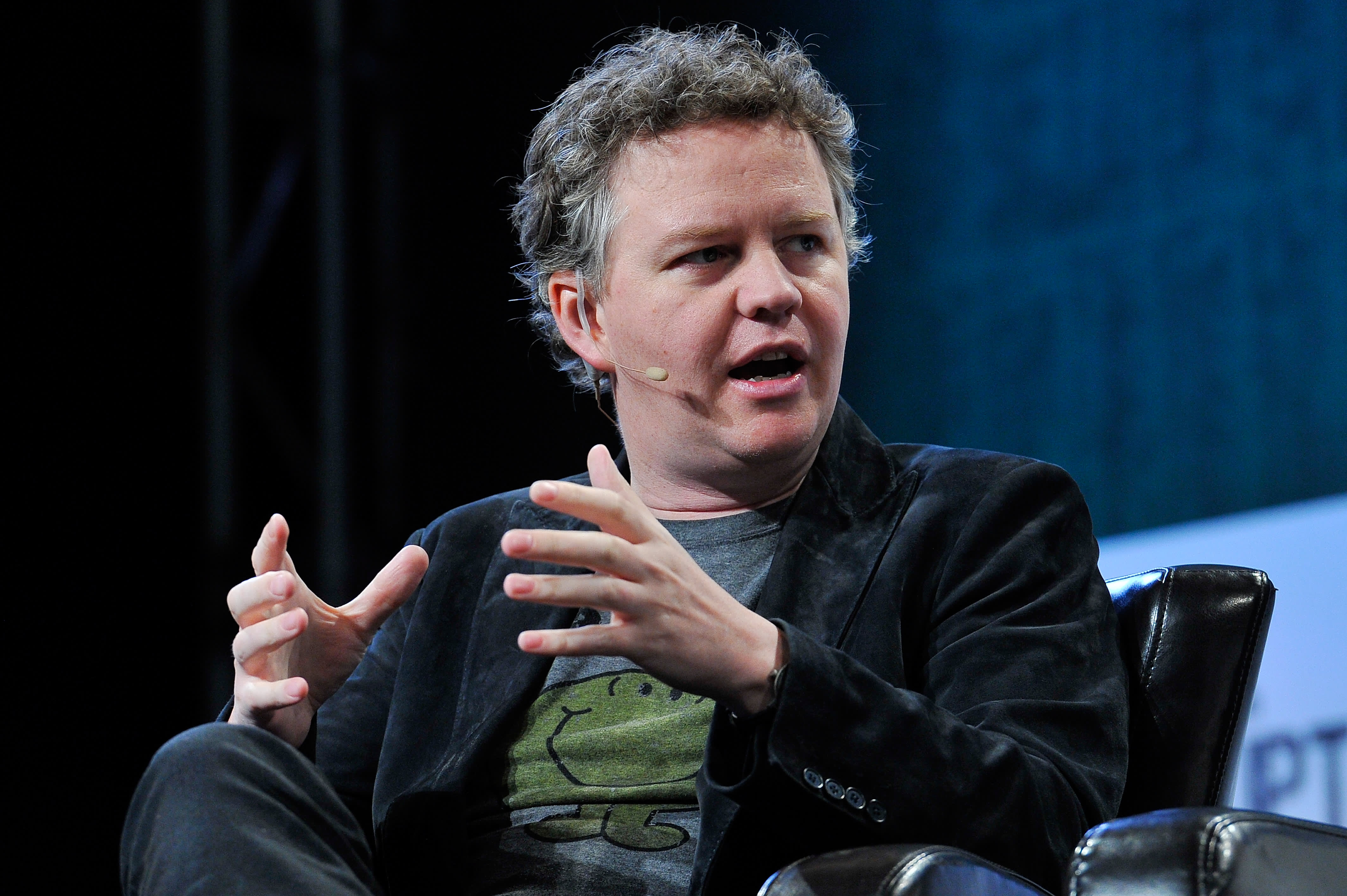
Shares of Cloudflare closed up 20% in its first day of trading on the public market on Friday. The company opened trading at $18 after it priced its IPO at $15 a share on Thursday.
Earlier this week, the company raised its IPO price range to between $12 and $14 per share, up from its previous range of $10 to $12 per share. Cloudflare closed its first trading day with a share price of $18. The company offered more than 35 million shares for sale, raising $525 million in the process.
In an interview following the debut, Cloudflare CEO Matthew Prince told CNBC's "Squawk Alley" the company chose to pursue an IPO once it was clear that its size and scale warranted the move. The company joins a rapidly growing 2019 IPO class, with many of the most-watched tech names experiencing a rough start so far. Uber, Lyft and Slack are all down significantly since their debuts.
"When a company gets to a certain scale and a certain size ... you owe it to your employees and investors to run the company as a public company, so you might as well be a public company," he said.
Cloudflare, trading on the New York Stock Exchange under the symbol "NET," provides cloud-based network services to enterprises, helping them distribute their content and keep it available online.
In the company's initial prospectus, Cloudflare reported a $36.8 million net loss on $129.2 million in revenue for the first half of 2019, with revenues up 48% and losses up 13% from the same period a year ago. It counted 74,873 paying customers as of the first half of 2019, including companies such as IBM, the chat service Discord and Zendesk.
The company has been in the spotlight for its involvement in several controversies. Earlier this year, it moved to pull the plug on controversial internet forum 8chan, after it was discovered that the site was used by the El Paso shooter to post an anti-immigrant and anti-government screed. In 2017, the company ended service with neo-Nazi website The Daily Stormer following the deadly "Unite the Right" rally in Charlottesville, Virginia.
"We've always been reticent to make those content decisions, but every once in a while you do get platforms that are truly designed to be terrible places," Price said in the CNBC interview. "And when that happens, I think that the responsibility of tech companies is to step up. So while I think we are in a different position than a Facebook or a YouTube, over time, we want to make sure the internet is a better place."
0 Comments